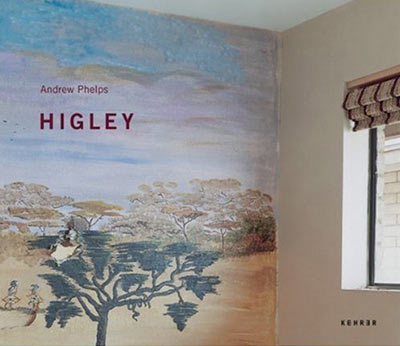Review: Higley by Andrew Phelps
 The Higley portrayed by Andrew Phelps in his book Higley
The Higley portrayed by Andrew Phelps in his book Higley is everywhere. Tempora mutantur, nos et mutamur in illis. There are different ways of dealing with this change (unfortunately, the idea of “change” has recently been turned into a political cliché, where it can mean anything and nothing). It is tempting to use photography as a way to refuse to participate in change or, at least, to protest against it: You take some photographs, and then you hold them up and say “Here, look at this, this is all gone now!” Or you can simply document, neither looking back or forward, and you then let the images speak and the viewers decide. This latter approach is Phelps’: “it’s not my place to judge.”
If the photographer refuses to judge, we - as the viewers - are left with work to do. We have to take in the images and decide what to do with them. We have to make up our own minds. What do we think about Higley? Do we want to bemoan the loss of that which is gone? Do we want to welcome the new? Do we want to compare the old with the new? What do we want to do?
Phelps portrays Higley using a vast range of photographic subject matters, ranging from landscapes to portraits. This, of course, is a most ambitious approach since all of the different images have to work together (otherwise, the project simply falls apart). It succeeds brilliantly in Higley
.
Andrew Phelps has been living away from where he was born and grew up for a long time now. As a resident of Austria, he is an expatriate. The expatriate’s experience is very hard, if not impossible to describe (Donald Richie’s The Inland Sea contains maybe the best description I have come across). For me, as an expatriate, it is hard to pin down what it is in the photography in Higley
that reminds me of the expatriate experience. The strangeness of the very familiar mixed with the very unfamiliar, the traces of uprootedness… I want to claim that Higley
is also about the expatriate experience, maybe in a very indirect way; I don’t know whether the photographer would agree.